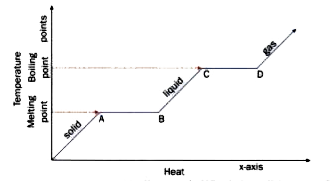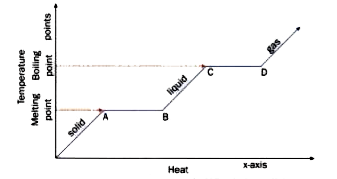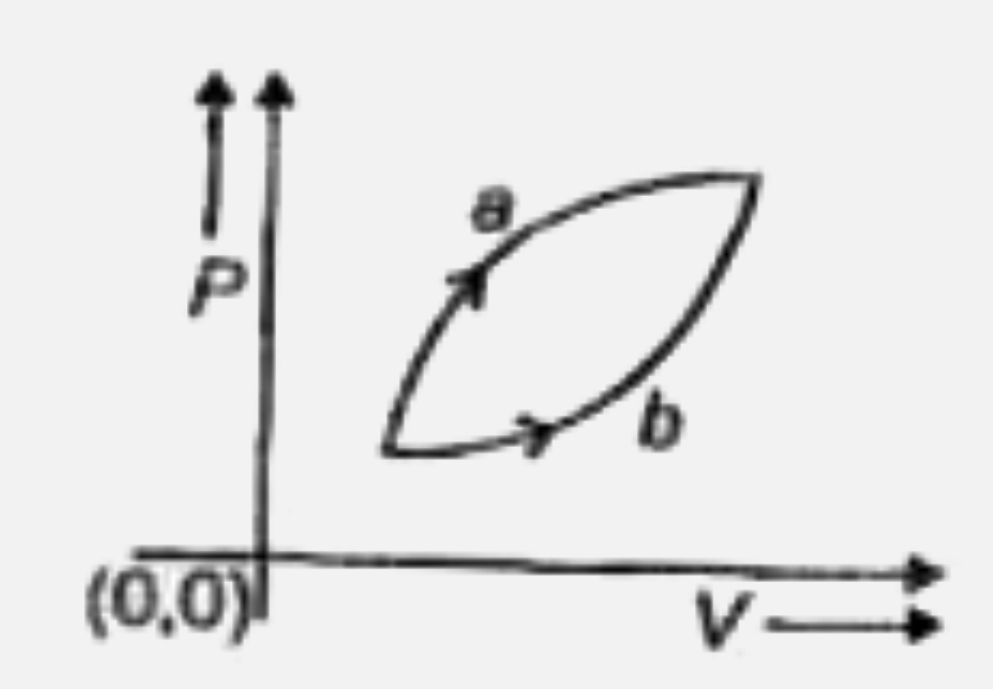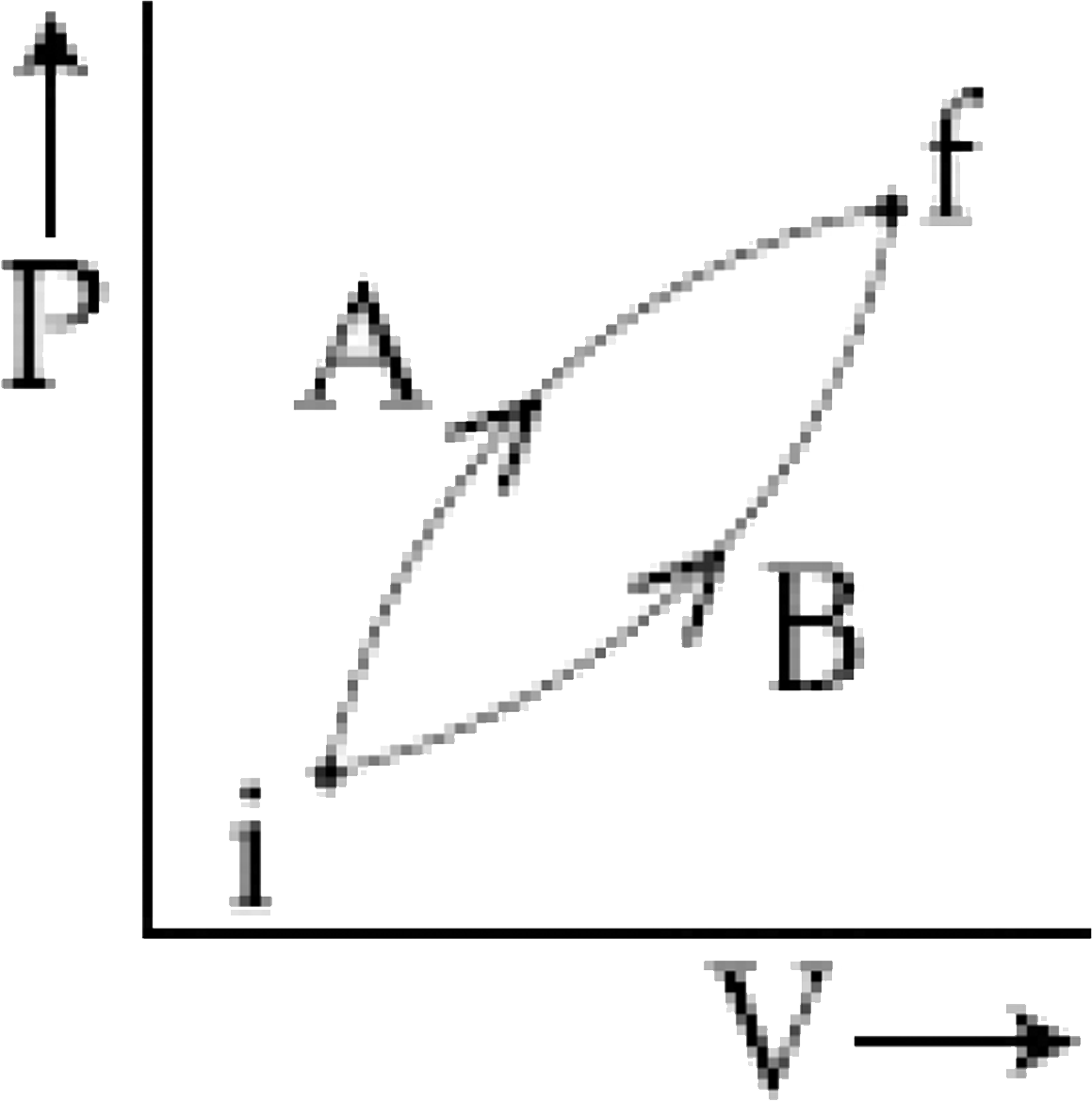The amount of heat absorbed to change 1 kg of water to vapour ……….
To find the amount of heat absorbed to change 1 kg of water to vapor, we can follow these steps:
1. Identify the Concept: We need to understand that the process of changing water from liquid to vapor requires heat, known as the latent heat of vaporization.
2. Define the Variables:
- Let QL be the heat absorbed.
- The mass of water, m=1 kg.
- The specific latent heat of vaporization for water, Lv=2264.704 kJ/kg.
3. Use the Formula: The formula to calculate the heat absorbed during the phase change is:
QL=m×Lv
4. Substitute the Values:
QL=1kg×2264.704kJ/kg
5. Calculate the Heat Absorbed:
QL=2264.704kJ
Final Answer:
The amount of heat absorbed to change 1 kg of water to vapor is 2264.704 kJ.
---
- Let QL be the heat absorbed.
- The mass of water, m=1 kg.
- The specific latent heat of vaporization for water, Lv=2264.704 kJ/kg.
QL=m×Lv
QL=1kg×2264.704kJ/kg
QL=2264.704kJ
The amount of heat absorbed to change 1 kg of water to vapor is 2264.704 kJ.
Similar Questions
The amount of heat energy absorbed by 1 kg of water to change into water vapour is …………….
View SolutionThe amount of heat absorbed to change a substance from liquid to vapour …………..
View SolutionThe amount of heat absorbed when a substance melts ………
View SolutionThe amount of heat required to change the state of 1 kg of substance at constant temperature is called
View SolutionObserve the graph given below and answer the following questions:

During vaporization of a liquid, certain amount of heat is absorbed without any change in temperature. Which part of the graph shows this change?
View SolutionObserve the graph given below and answer the following questions:

During melting of a solid, certain amount of heat is absorbed without any change in temperature. Which part of the graph shows this change?
View SolutionThe amount of heat energy required to convert 1 kg of ice at −10∘C to water at 100∘C is 7,77,000 J. Calculate the specific latent heat of ice. Specific heat capacity of ice = 2100 J kg−1K−1, specific heat capacity of water = 4200 J kg−1K−1.
View SolutionFigure shows two processes a and b for a given sample of gas. If ΔQ1,ΔQ2 are the amount of heat absorbed by the systemin the two cases , and ΔU1,ΔU2 are changes ininternal energy respeclively, then

View SolutionPart of the small and large intestine absorbs water and via feces, it is expected. Arrange these in order of the amount of water absorbed or secreted from greatest to smallest.
View SolutionFollowing figure shows two process A and B for a gas. If ΔQA and ΔQB are the amount of heat absorbed by the system in two case, and ΔUA and ΔUB are changes in internal energies, respectively, then :

View Solution